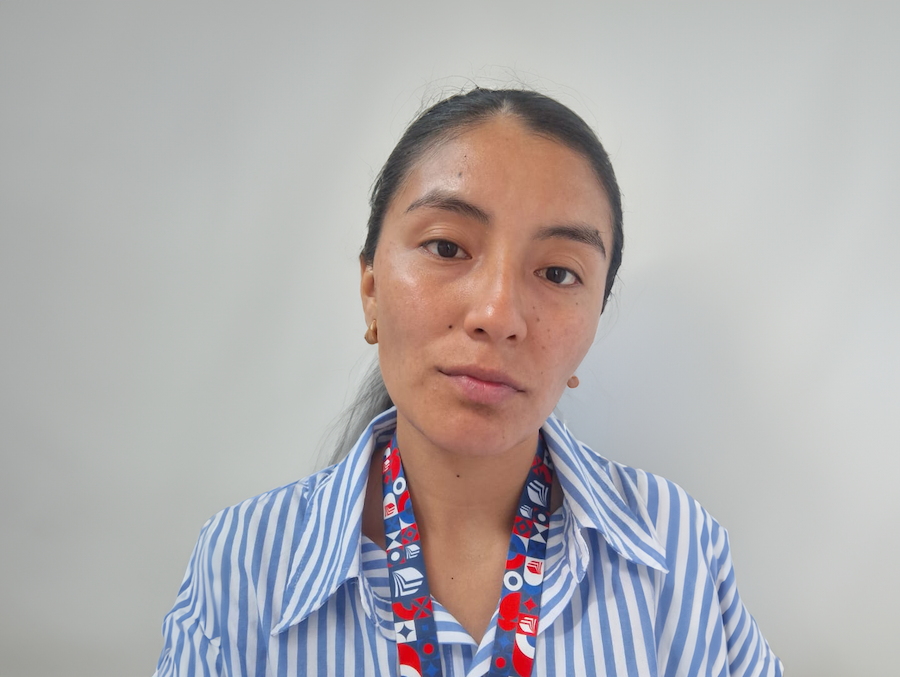From Thesis to Startup in Trujillo, Peru

Image credit: Photo of Katia Altamirano. Licensed under Creative Commons Attribution-NonCommercial-ShareAlike (CC BY-NC-SA).
In Peru, employment opportunities are limited, and university degrees often fail to translate into jobs. Among youth aged 15 to 29, only 30.9% enter university, and while 87.3% of them graduate, 70% end up working outside their field. The youth unemployment rate is 8.8%.
Despite growing interest in entrepreneurship, most academic institutions approach it theoretically, offering little practical support. The result is a landscape where students struggle to find spaces to develop real ventures—especially in cities like Trujillo, a northern coastal hub of over 1.1 million people, home to major universities and a dense network of microenterprises navigating a rapidly digitizing economy. Trujillo is known as the “Capital of Eternal Spring” and is also the birthplace of Peru’s national dance, the Marinera.
Trujillo is anchored by two leading universities: the National University of Trujillo, a public institution with around 16,000 students, and César Vallejo University, a private university with over 100,000 students enrolled nationwide. Although both institutions produce thousands of graduates, few have access to structured support systems that help turn academic work into entrepreneurial success.
While Peru —a country of over 34 million people— has over 2,600 registered cooperatives, most focused on agriculture, savings, and credit—few are designed to support student-led ventures. Founded on November 4, 2021, by Jimmy Franks Rolando, PERÚ TRES i <sic> was created to start fill that gap. Based in Trujillo and sustained by monthly member contributions, it functions both as a physical hub and a cooperatively operated digital platform, helping students turn academic research into real businesses, many of which are worker cooperatives. The cooperative introduces graduates to open-source technologies like Odoo ERP for business training and personalized guidance.

To date, PERÚ TRES i has supported over 1,500 students across Peru. It offers services tailored to different stages of their development: research support, practical business training, digital transformation for small enterprises, and a network of mentors including business doctors, engineers, statisticians, and organizational psychologists. The cooperative also provides free consultations, quick tech implementation, and continuous support for freelancers, students, and micro enterprises. Members can access online courses on topics like payment scheduling and project planning, as well as opportunities for employment and collaboration.
One example is Katia Altamirano, a Business Administration student at César Vallejo University, who recognized the digital gap facing microenterprises in Trujillo. With support from PERÚ TRES i, she designed a digitalization strategy combining diagnostics, training, and hands-on support. Her project pilot with five microenterprises led to a 40% increase in digital sales for these micro businesses, improved inventory management, adoption of electronic payments, and stronger social media visibility. Katia’s thesis earned her Magna Cum Laude honors and directly impacted these local businesses.
Perú Tres doesn’t just support individual entrepreneurs—it fosters the creation of participatory economic models, enabling communities to shape the terms of their own economic engagement. That’s meaningful because it shifts the focus from isolated success stories to collective capacity-building. A study published in Gestión et Producción found a strong and statistically reliable link between participation in such models and the development of entrepreneurial skills like leadership, creativity, and decision-making.
In a country where formal pathways to employment remain uncertain, initiatives like PERÚ TRES i offer a community-based alternative—where education meets technology, and students learn by starting businesses.
Learn about the author